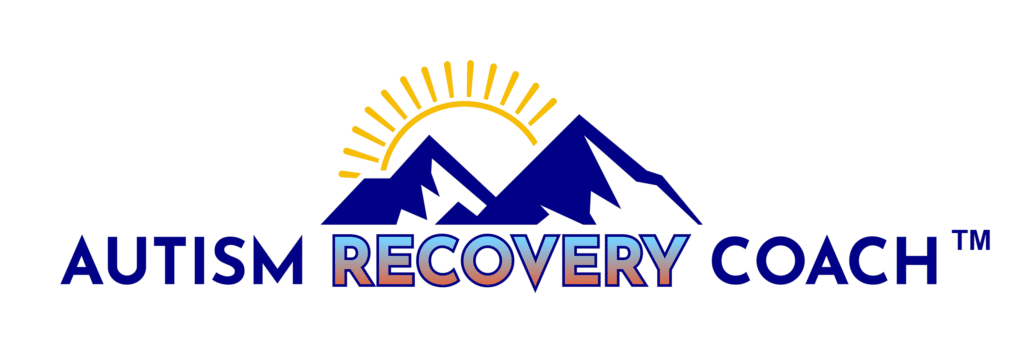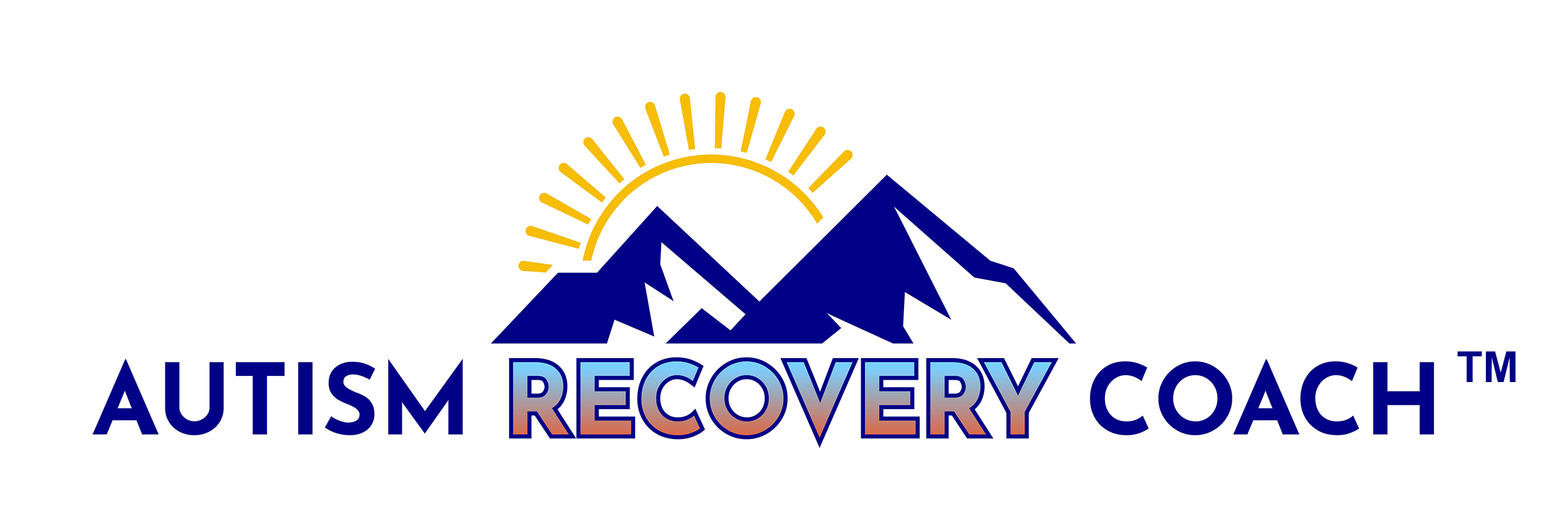A good night’s sleep is a universal key to well-being, yet individuals with autism often face unique challenges in achieving this essential rest. Understanding and addressing these challenges are crucial not only for the individuals themselves but also for their families. In this exploration, we will delve into the intricate relationship between autism and sleep, unraveling practical strategies for better sleep to help with autism recovery.
Understanding Sleep Challenges in Autism:
Children with autism frequently encounter sleep-related difficulties, such as difficulty falling asleep, frequent night awakenings, and irregular sleep patterns. These challenges are multifaceted, often stemming from sensory sensitivities, anxiety, or the struggle to self-soothe. Addressing these sleep issues is vital, as irregular sleep not only impacts the child’s behavior and learning but also influences the dynamics of the entire family.
Creating a Sleep-Inducing Environment:
Tailoring the sleep environment to accommodate sensory sensitivities plays a pivotal role in promoting better sleep hygiene. Dim lighting, calming colors, and minimal noise can contribute to a soothing atmosphere. Additionally, incorporating sensory tools like weighted blankets or soft textures can provide comfort and a sense of security. Understanding the individual’s sensory preferences is key to crafting an environment that invites rest.
Establishing Consistent Bedtime Routines:
Consistency is the cornerstone of healthy sleep patterns. Establishing a predictable bedtime routine helps regulate the body’s internal clock. Engaging in calming activities before bedtime, such as reading or gentle music, signals to the body that it’s time to wind down. For children with autism, who often thrive on routine, a structured bedtime ritual can be particularly beneficial.

The Role of Biomedical Interventions in Sleep Hygiene:
Integrating biomedical treatments into the approach to sleep is a promising avenue. Biomedical interventions such as targeted nutritional supplements and therapies, like Methyl B12, can address underlying factors contributing to sleep challenges in individuals with autism. These interventions are not a one-size-fits-all solution but are tailored to the specific needs of the individual, providing a holistic perspective on sleep improvement.
Christopher Soppet’s Insight
Christopher Soppet at Autism Recovery Coachan advocate for comprehensive autism recovery, emphasizes the importance of a personalized approach to sleep challenges. Through his guidance, families can explore a combination of practical strategies and biomedical interventions to create a customized plan for better sleep hygiene. Christopher’s commitment to understanding the unique needs of each individual ensures a comprehensive and compassionate approach to addressing sleep concerns.He provides high-quality Methyl B-12 treatments, autism biomedical treatments, and ASD coaching for adults online.
Contact him today to learn more!



